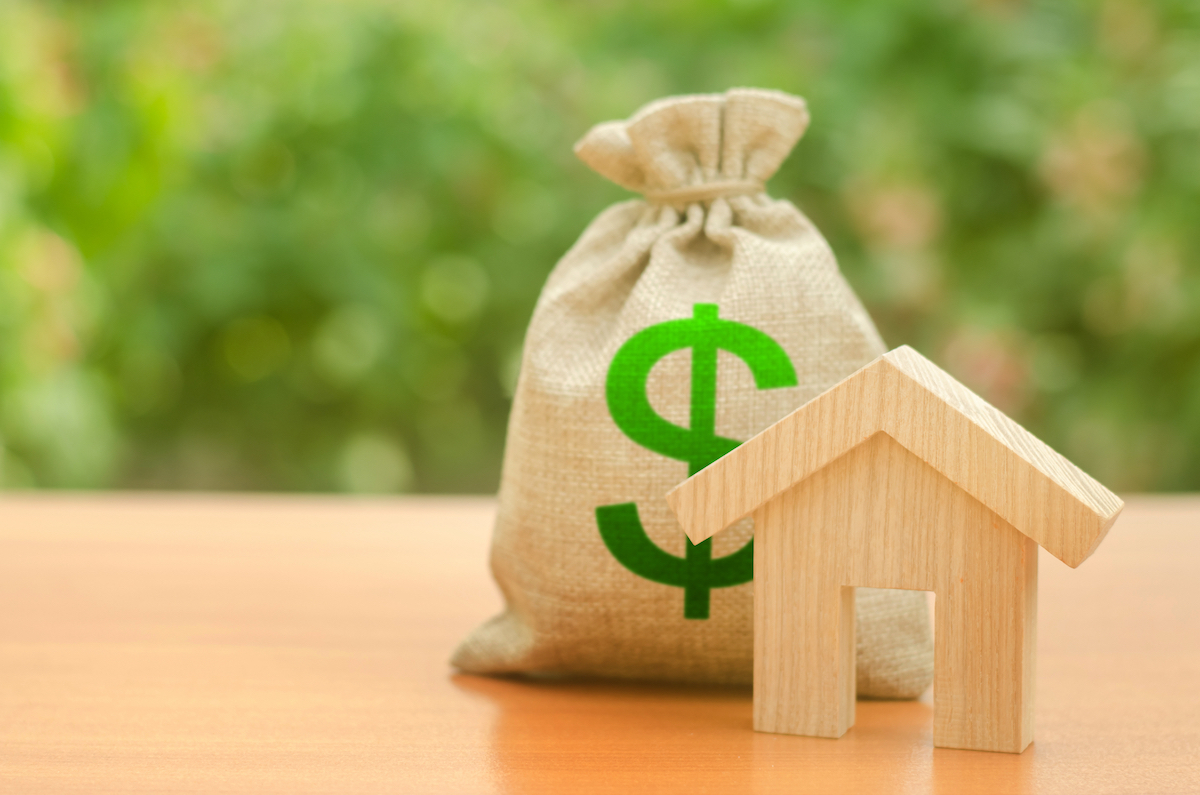Today’s Reserve Bank of Australia (RBA) announcement of a further half percent interest rate rise highlights the growing need to counter the pain by boosting housing supply and taking pressure off costs.
“History shows us that interest rates alone do not significantly moderate house prices, particularly for new dwellings. At times like this it is even more imperative to focus on boosting dwindling supply and removing the economic blockers which make it ever more expensive to build, buy or rent.” said Maxwell Shifman, Urban Development Institute of Australia National President.
“The RBA’s interest rate increase emphasises the need for Government to focus on initiatives to take pressure of housing prices in the face of escalating costs.”
Rising interest rates do put downward pressure on purchaser demand which predominantly impacts prices of established homes, historical data since the 1980s shows that four interest rate spikes have not led to material price reductions.
“Downward pressure from interest rate rises has been offset by other factors that increase house prices including the costs of development and declining supply,”
“Already declining housing supply pipelines and increasing costs will further reduce project viability, creating more scarcity and increasing cost pressures on new housing,” said Shifman,
“It’s a vicious loop, unless policies to unlock supply and reduce costs are deployed.”
“Rising rates will impact the hip pocket of ordinary Australians trying to pay off their mortgage or buy a home, even though they moderate demand for housing in the process.”
Canstar analysis shows that a 1% interest rate rise on an average $602,000 mortgage would see repayments escalate by $309 a month ($3,713 a year).
Equally, the increasing costs associated with building is deeply impacting the construction sector and will ultimately lead to greater challenges for home buyers, renters and the ordinary Australians who depend on government housing subsidies.
“Some of the pain from interest rate rises can be eased if political leaders work together to boost housing supply and reduce unnecessary costs,” said Max Shifman. “UDIA looks forward to working with the Albanese Government on policies to address these key issues.”
“Straightforward solutions include boosting enabling infrastructure, streamlining zoning and approval systems, increasing stamp duty thresholds to lower prices and establishing a Property Finance Reference Group with industry to monitor market performance and headwinds,” he said.
Media: Deanna Lane |National Media & Communications Manager | 0416 295 898 | media@udia.com.au

